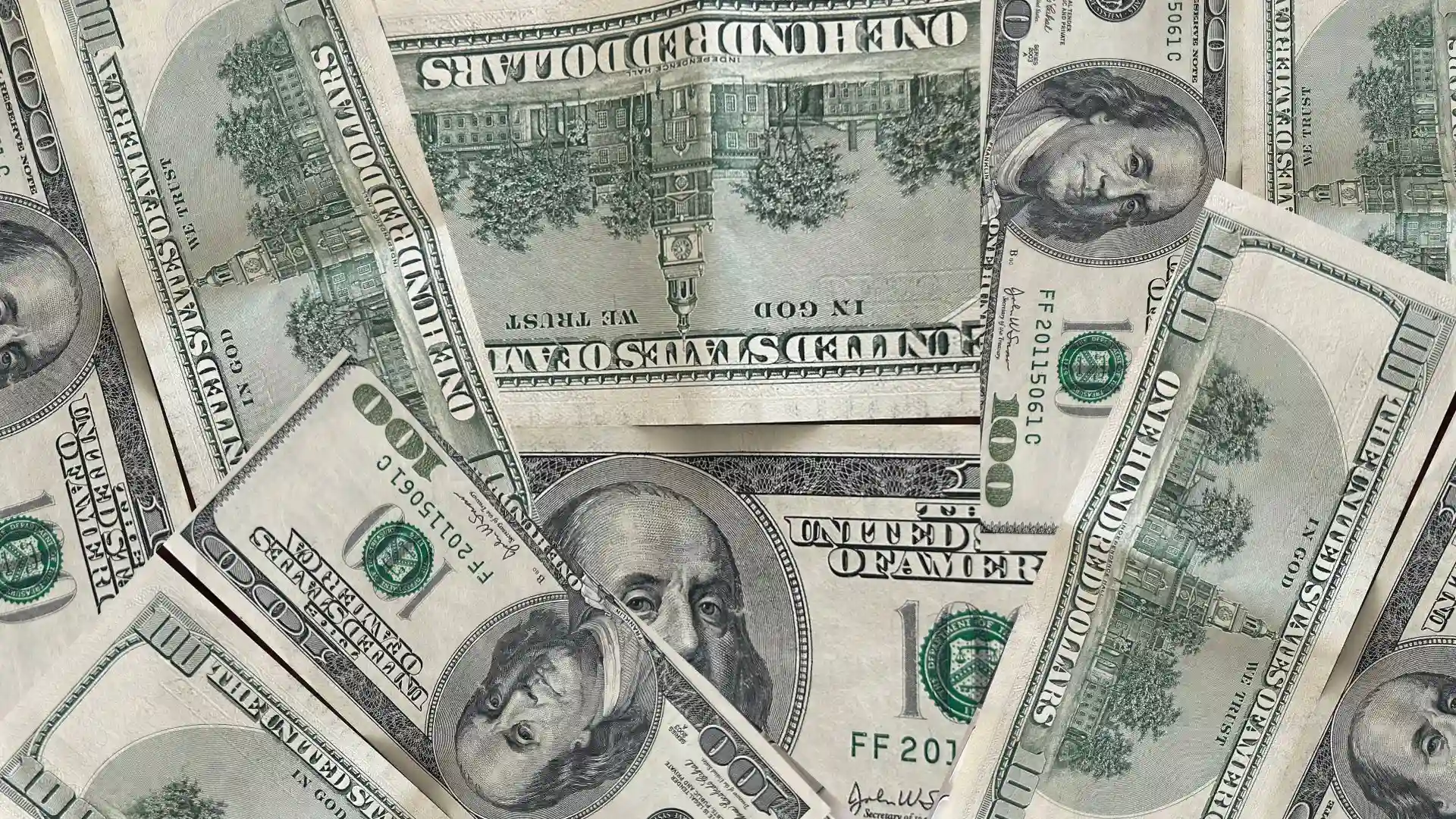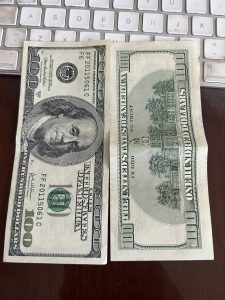There has been controversy surrounding some United States dollar notes in Zimbabwe, as banks, businesses, and individuals claim that they are not worth their full value. Reports suggest that some banks are taking a percentage of every dollar, ranging from 10% to 20%. This issue was highlighted by a Zimbabwean lawyer named Tinomudaishe Chinyoka, who shared his experience on Space X. Chinyoka said:
This, is money. $200 to be exact. All over the world this would be an inconsequential point: it is $200 and can be used (where the US$ is legal tender) to buy goods for $200. Not in Zimbabwe. Nokuti tine mashavi okuzviwomesera, you cant use this money as $200. You can “sell” each note for $80-90. You can’t deposit it into any bank regulated by @ReserveBankZIM unless you agree that they will record each one as $90. Sometimes this country inoita sokuti iri kutanda botso chaiko.
Chinyoka compared this situation to the United States, where even torn bills can still be used as legal tender. He expressed his disbelief that Zimbabweans seem to understand American money better than Americans themselves. He also mentioned that when he attempted to deposit the money at a local bank, First Capital, they insisted on recording each $100 note as $90 on his account.
Penalty for Being Dirty
In 2019, reports suggested that Zimbabwean Banks charge their customers a 10% charge for depositing dirty USD. One of the banks is the Standard Chartered Bank. The main question many have been asking is the reason behind this move. The answer to this may have been captured in a Techzim blog. A direct quotation from the blog reads:
It’s those dirty notes that are not accepted in South Africa. We visited another Bureau De Change two days later and it declined some USD notes for the same reason. So, two the Bureau de Changes only took the clean ones (USD notes) and returned to us the dirty ones.
A Financial Gazette correspondent claims that Banks continued accepting dirty USD since 2009 because distributing them was easy. They would just dish them to their customers. The disappearance of the USD from the market and the introduction of the Bond currency forced banks to start exporting them. Although exportation was for a price, it was better compared to accepting the now RTGS balances which were no longer backed by the USD.
The correspondent further suggested that South African banks became wary of US sanctions on Zimbabwe. Consequently, they stopped dealing with Zimbabwean banks. The charging of a 10% charge by the Standard Chartered Bank is suggestive of the availability of new markets for the dirty notes. The markets must be charging about 10% to depositors of dirty USD notes.
All US Bills Remain Legal Tender
In July 2022, the United States Embassy in Harare clarified that all US dollar notes, including soiled and damaged ones, remain legal tender. However, in Zimbabwe, businesses often reject soiled US dollar banknotes, and illegal money changers take advantage of the situation by exchanging old and torn US notes for a fee. For instance, a torn US$10 note is being exchanged for half its value in Zimbabwean dollars.
The statement from the US Embassy emphasized that all designs of US Federal Reserve notes, regardless of when they were issued, are considered legal tender. It stated that any note that is not mutilated and does not require special examination to determine its value should be accepted. Said the Embassy:
US government policy is that all designs of US Federal Reserve notes remain legal tender or legally valid for payments, regardless of when they were issued.
This policy includes all denominations of Federal Reserve notes from 1914 to the present.
… any badly soiled, dirty, defaced, disintegrated, limp, torn or worn out currency note that is not mutilated and does not require special examination to determine its value, is considered legal tender by the US government.
Economic analysts and business associations welcomed the clarification from the US Embassy, urging banks and businesses to accept damaged US dollar banknotes to instil confidence among the public. However, challenges remain as major wholesalers, retailers, and traders often refuse to accept these notes.


